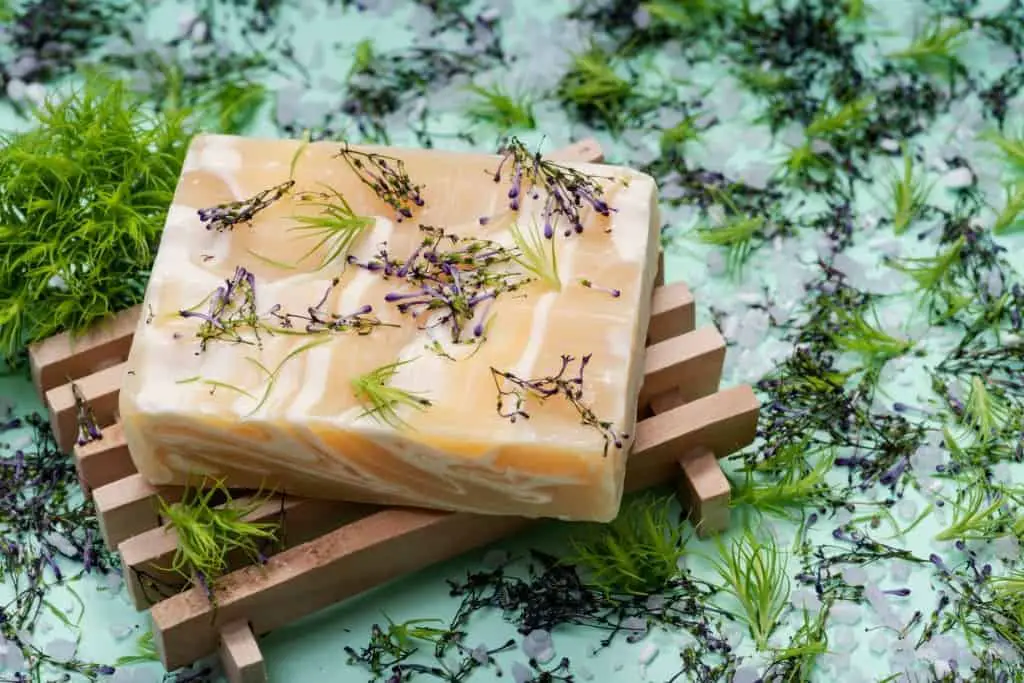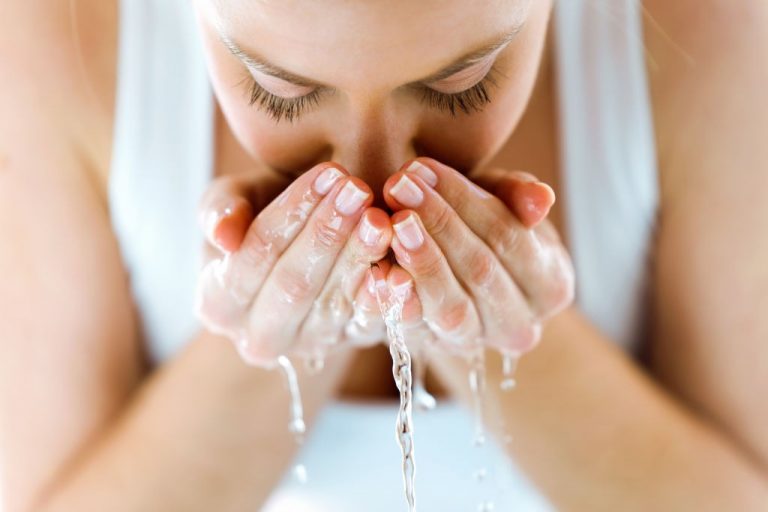
If you have acne-prone skin, chances are good that you’ve tried a plethora of soaps and facial washes. Most products on the commercial market promise clearer skin, but often produce less-than-satisfactory results. The fact that many of these options contain chemicals that can irritate skin and exacerbate acne adds insult to injury.
Soaps produced from natural ingredients can be traced back to the ancient Egyptians and are seeing a resurgence in popularity today. Unlike options manufactured from synthetic detergents and chemicals, organic goat milk skincare products can cleanse skin while supporting your health naturally. If you struggle with moderate to severe breakouts, using soaps with gentle, natural ingredients is a good first step in healing your skin.
Moisture Maintenance
It’s very important when cleansing your skin to use a product that maintains your skin’s natural moisture barrier. Both dry skin and oily skin can be negatively affected by soaps that destroy this protection. When your skin is dried out, the moisture barrier is not in place and trans epidermal water loss is experienced. This can allow the spread of bacteria and cause more acne. In addition, your skin will respond to the dryness by producing more oil. This extra oil can cause blocked pores, leading to more pimples and acne cysts, and perpetuating a cycle of breakouts.
Goat fat is called tallow. The commercial name for saponified tallow is sodium tallowate. Tallow is combined with an alkali called lye (usually sodium hydroxide) and saponification produces soap, which is a surfactant. (After saponification, lye is no longer present to irritate your skin.) Soap reduces the surface tension of water and binds to dirt and oil on your skin. However, because of the essential fatty acids in goat’s milk, your skin is not completely stripped of its natural moisture barrier. When you rinse the soap off of your face, the dirt is washed away, but the moisture in your skin remains intact.
Organic goat soaps are high in several types of fatty acids, particularly palmitic acid, stearic acid, and oleic acid. These fatty acids are required in our diets in order for our skin to address inflammation, repair itself, and sustain its moisture. It is possible that applying them topically could benefit the skin as well, if these essential fatty acids are absorbed and taken into the bloodstream. Further studies are required to establish this, but it has been clearly established that washing away excess oil and dirt while not stripping skin of its natural emollients protects it and keeps skin healthier.
Exfoliation
Goat milk contains alpha-hydroxy acids (AHAs). AHAs have a mildly exfoliating effect. Exfoliation means to remove dead skin cells and make way for new skin cell generation. When dead skin cells build up, your complexion can not only look dull, but the accumulation can contribute to clogged pores and the formation of pimples and acne. Because of this exfoliating quality, products with AHAs are typically effective in producing smoother, fresh-looking skin and are often used to address skin conditions like age spots, scarring, and hyperpigmentation.
Goat milk contains lactobacillus, a probiotic responsible for producing lactic acid, one of the gentlest AHAs. Gentle, nourishing cleansing is appropriate for all skin types, but goat milk soap may be especially helpful to those with sensitive skin. However, this is not the only benefit provided by lactobacillus. Studies have established that lactobacillus also has an anti-inflammatory effect on the skin when applied topically.
Additional Ingredients
Due to the rise in popularity of goat milk soap, there are many options available. However, it’s important to know which other ingredients are being used in a company’s formula. Using a goat’s milk soap with chemical additives defeats the purpose, so be sure to read the ingredients and check out their website thoroughly. Not all products labeled as “natural” actually are!
Combining goat milk with other natural moisturizers such as coconut oil, palm oil, olive oil, and other natural oils offers additional moisturizing benefits to the skin without the dangers presented by chemicals. If you choose a scented goat milk soap, you’ll want to check that the fragrance is the result of essential oils as opposed to chemical fragrance oils. These not only aren’t good for your skin, but they have side-effects like headaches, dizziness, nausea, skin irritation, and more. While less likely, you should be aware that it is possible to experience allergic reactions from essential oils as well. There are also many unscented options. A reputable goat milk soap company will work with you to find the product that’s right for you.
Many goat milk soap options are being offered by small business owners and are often sold at small specialty stores and farmer’s markets. Larger retailers sometimes offer one or two brands. However, the largest selection will be available online.

Hi Everyone, BeYoungAholic’s aim is to help women who have lost their self-confidence because of the way they look. We will provide you tips and bits of advice on how to take care of yourself and maintain your youthful look. So, Enjoy the blog!







